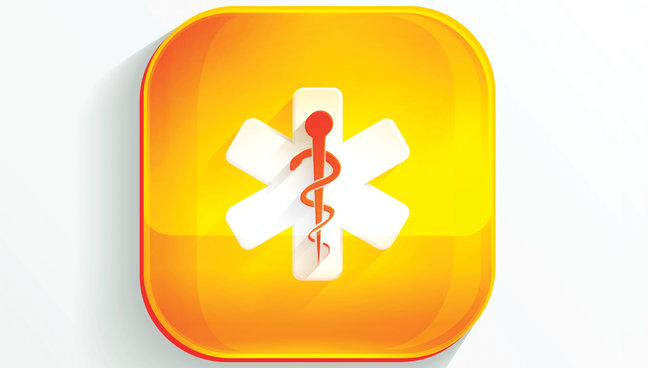COLUMN: Letter from the editors
FREE CONTENT FEATURE
A shrimp's tale: why we need to fund research
By Sean Follmer, Inbal Talgam-Cohen

More and more, technology is playing a crucial role in the reincarnation of healthcare. Today your personal health data is accessible at the touch of your fingertips. There is a growing market for mobile health apps and tracking (e.g. Apple Watch, FitBit, Jawbone etc.). With pervasive healthcare comes patient empowerment. Many of us are actively managing our own healthcare thanks to smart devices, online communities, and big data. From peer health groups to self tracking, in this issue we look at the cutting-edge research driving health informatics. Peer-oriented, collaborative allow patients to share their health information with one other; patient-contributed data is being used to discover novel medical insights; several technological efforts are helping to facilitate decision making, both on behalf of patients and on behalf of doctors; and work on interfaces and systems are helping people manage the day-to-day challenges of their medical conditions.
By Sean Follmer, Inbal Talgam-Cohen
An interview with Paul Wicks, Vice President of Innovation at PatientsLikeMe, a patient network and real-time research platform.
By Diana Lynn MacLean
Intelligently leveraging data from millions of social media posts is a modern public health approach that has the potential to save many lives.
By Munmun De Choudhury
Creating a user experience to communicate the seriousness of HIV prevention and awareness can be both educational while entertaining. This combination along with a sense of cultural influence helps to both attract and engage millennials.
By Fay Cobb Payton, KaMar Galloway
Increasingly, personal health data can be tracked and integrated from numerous streams quickly and easily, but our feedback lingers in the land of "show the user a graph and hope." How can we help people make sense of personal health data?
By Matthew Kay
People tend to believe they are more aware of their own health behaviors than they really are. In this article, we present technologies that employ ubiquitous home sensing to support awareness of healthy habits.
By Matthew L. Lee
Why visualization will play a critical role in bringing big data decision making to a hospital bed near you.
By Megan Monroe
Wearable computing has the potential to fundamentally alter healthcare by enabling long-term patient monitoring and rehabilitation outside of the lab.
By Sinziana Mazilu, Gerhard Tröster